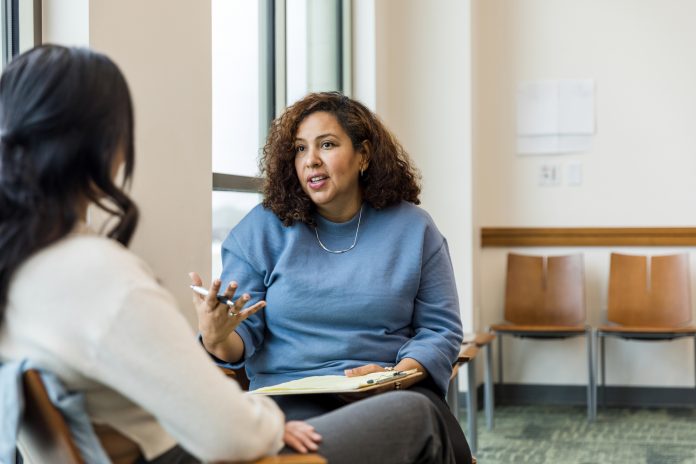Dr Renato Oliveira e Souza, Unit Chief of Mental Health and Substance Use at Pan American Health Organization (PAHO) discusses the prevalence of poor mental health in the Americas and the policy measures needed to address them
The prevalence of mental health problems in the Americas has reached alarming proportions. Even before the COVID-19 pandemic, we faced a significant burden of mental health conditions, with insufficient care available for those experiencing them. In Latin America and the Caribbean, mental health problems accounted for over a third of total disabilities in 2018.
The impact of COVID-19 on mental health in the Americas
Before the COVID-19 health emergency, depressive disorders affected almost 15 million people in the Americas and were a leading cause of morbidity. Yet, spending on mental health averaged just 3% of the total health budget in countries of the region in 2020.
The situation worsened with the pandemic as risk factors increased and health services became overburdened. Unemployment, economic insecurity, bereavement, abuse, trauma, and feelings of isolation further impacted psychological wellbeing during this period. It is estimated that major depressive disorders (MDD) increased by 35% and anxiety disorders by 32% in Latin America and the Caribbean during this time.
Understanding mental health needs
The Pan American Health Organization (PAHO) recognizes the urgency of addressing mental health and has taken steps to help countries face the challenge. In May 2022, the PAHO High-Level Commission on Mental Health and COVID-19 was established to analyze the situation of mental health in the Americas and provide guidance to countries on how to improve mental health in the region, both in the context of the pandemic and beyond.
In June this year, the Commission’s report – A New Agenda for Mental Health in the Americas – was published with ten priority policies and strategic recommendations. These include universal health coverage, human rights, multi-sectoral collaboration, empowerment of people with mental health problems, allocation of resources, gender-sensitive care, and research and data collection, among others.
Implementing these recommendations will require leaders to prioritize mental health as never before and take bold steps to give the urgent attention the issue deserves.
The report also highlights that improving access to mental health treatment and support requires resources to be increased proportionately to a country’s mental health burden and for those resources to be better allocated – to the community instead of concentrated in long-stay institutions.
Improving access to mental health care
Countries must also address the significant gap in access to treatment, especially for severe mental health conditions. In 2020, for example, only 18% of those suffering from psychosis in the Region received treatment.
Regarding access, the PAHO Commission found that stigma and discrimination are also major barriers to mental health care. These factors can make it challenging to seek help and decrease the effectiveness of treatment. In addition, certain groups in society face higher mental health risks and may have even more difficulty accessing quality care. This includes people experiencing poverty, indigenous peoples, Afro-descendants, women, LGBTQ+ people, people with disabilities, migrants, refugees, and displaced people. The report calls for inclusive approaches that address the specific needs of these groups and reduce inequalities in access to care.
The WHO’s mental health initiatives
PAHO is committed to improving the quality of life of all people in the Americas, including better mental health, and COVID-19 only reaffirmed the importance of this mission. During the pandemic, the organization supported countries in developing strategies to bring mental health care closer to communities by integrating it into primary care services with WHO’s Mental Health Gap Action Programme (mhGAP) as a key pillar in this approach.
Mental health must be placed at the center of the political agenda as we build back better from the pandemic. Paraguay and Argentina have already taken an important step by joining the WHO Mental Health Special Initiative, launched in 2019, which aims to ensure access to mental health services for 100 million more people worldwide. Other countries in the region, such as Uruguay, Chile, Mexico and Guyana, have taken steps towards mental health in recent years and have committed to strengthening mental health resources
and services. We must build on these gains and ensure all people in the Americas receive the mental health care they need.
















